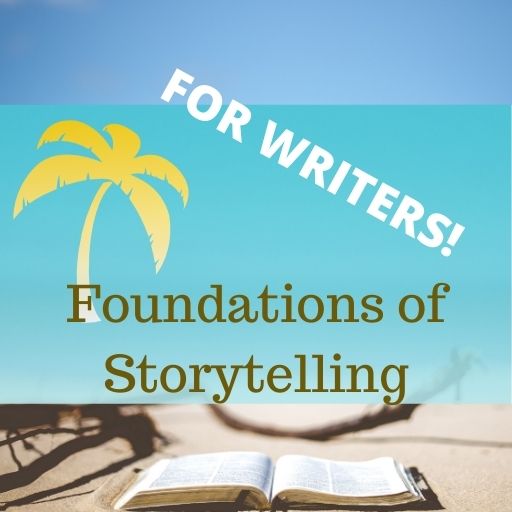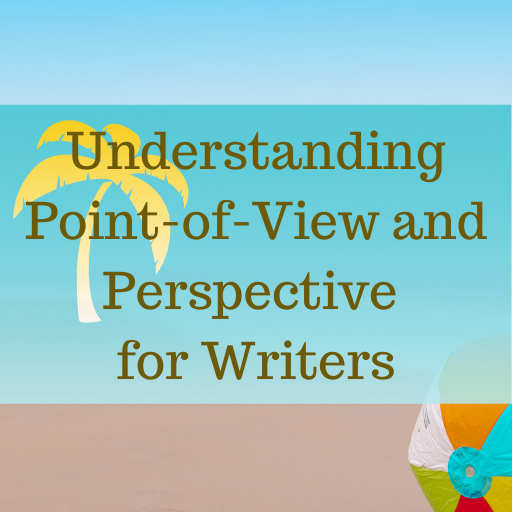Moving from Nonfiction to Fiction
A question I’m often asked by writers is if moving from nonfiction to fiction is even possible.
As a story development editor, I have had a number of coaching clients over the years and almost all of them have been established nonfiction writers who are honing their fiction-writing skills. So, you can imagine their most common questions have to do with making this leap.
Tips for Writers Moving from Nonfiction to Fiction
Fiction and nonfiction writing have a lot of similarities, but it’s the differences that can be most nettlesome. Here are my thoughts on things to consider about making such a transition:
Your past experience doesn’t matter much to agents and editors except as evidence that you are a professional (which is good but in itself isn’t sufficient to interest them in your work).
Focus on getting the fiction chops you need to succeed. You have to be all in. Nonfiction writers often sell based on queries and proposals, but novelists (especially for the first few books) have to write the complete manuscript and polish it to perfection before they can generate interest. (Obviously, I’m talking about traditional publishing here, but even if you’re self-publishing, to succeed, you have to be committed to the project in a wholehearted way.)
You have to read and respect the genre you’re writing in. There’s a misconception among non-novelists that you can make a lot of money as a romance writer (or an erotica writer or a fill-in-the-blank). Sure, some people have lots of success in these genres, but you can’t pick a genre just because you think you could make some money. You have to read the genre, understand what it’s about it, and like it in order to successfully write it.
You have to keep an open mind. Just because you’re an established professional in one field doesn’t mean you don’t have a lot to learn in another. Educate yourself, read, and be an empty vessel instead of a know-it-all.
Your colleagues are still your best go-to group. Even if your nonfiction buddies don’t write fiction, they may be willing to act as first readers or be able to connect you with someone who can help.
Remember:
- You have skills and tools that someone else just starting out doesn’t have.
- You’re a media professional.
- You know how to use words.
- You aren’t going to burst into noisy tears at the first sign of criticism.
- You know how to research (and how to stop so you can write the darned thing).
- You know how to focus.
- You have discipline.
All of these elements are crucial to writing fiction, too.
Tips for Editors & Writers
The Missing Element: Conflict
When I encounter a manuscript with a sagging middle, the very first thing I turn to is the conflict. Is there a clear conflict in the ms, and is it of sufficient weight to support a full story? Conflict drives narrative. Without it, we often have a lot of splashing around that makes everyone wet…
Editing the Sagging Middle
Ah, the sagging middle. Also called the muddle, the slog, the struggle, and other depressing nicknames. The middle of the story is known to cause existential dread among authors as they toil over it. You’ve surely encountered problems with a sagging middle before in a novel you’ve read. A story starts off with a bang!…
The Editorial Blooper Reel
Back when I edited a custom magazine, I assigned and edited a package about an upcoming event (similar to a business conference) which included profiles of some of the attendees and speakers, a how-to-get ready checklist, a travel piece on side trips to take at the location, a celebration of highlights of the event over…
Join the Club!
New to story editing? Begin at the beginning.





